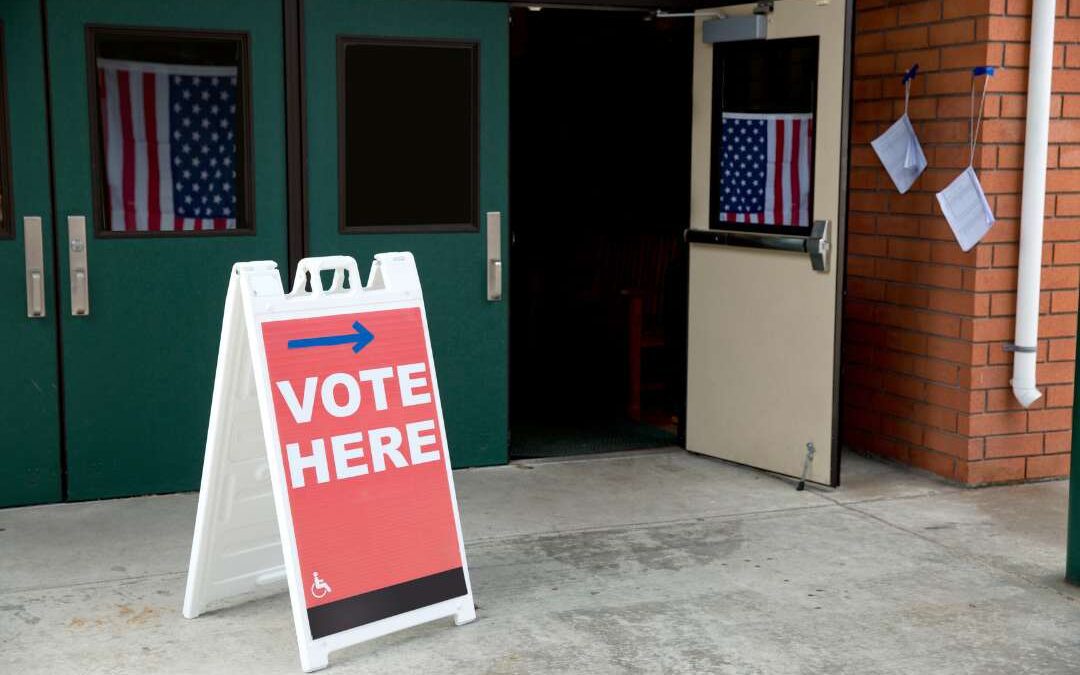I had Tom Tarrants’ book on pre-order, and did for some time. When it arrived, it came four days after a domestic terrorist killed over twenty people in El Paso. The timing for the book’s arrival was chilling, given that Tarrants was a white supremacist and domestic terrorist who attempted similar violence in the 1960’s. I read the whole book in a sitting.
Full disclosure — I have known Tom Tarrants for years. He and I worked together at the C.S. Lewis Institute. I knew him for some time before learning of his background and could hardly believe what people were saying about the kind, godly man I thought I knew so well.
That’s really the point of this book. Tarrants tells his story of God changing him from a white supremacist ideologue to a follower of Jesus. The story is riveting and, at times, horrible. There are the bare details of the story — attempted acts of terror, shootouts (yes, multiple) with the FBI, a breakout from maximum security. But perhaps more significant is the commentary Tarrants provides. He provides the ugly details of the sinful heart behind his white supremacy.
In culturally Christian Mississippi of the 1960’s, white supremacy was given a pseudo-Christian coating. Tarrants explains the impact this had on him:
Through reading books and papers, attending meetings, listening to recordings, and talking with others, my beliefs became ever more extreme, fueling anger toward perceived enemies of America and white Christian civilization…it did not take long for my anger to grow into hatred, not just for specific individuals but for entire groups and races — Communists, Jews, and blacks…The combination of extreme political beliefs undergirded by a religious justification created the sense of a “holy cause.” God was on our side (50).

This peek at the inner transformation into a violent white supremacist is terrifying. But this Saul of Tarshish and his false religion were eventually confronted by the living God in a Mississippi Supermax prison. After reading the Bible, God brought Tarrants to repentance:
It was becoming clear that my Christianity had been an empty sham. I had been a Christian in name only…I was overcome with deep sorrow for all the prejudice, hatred, violence, immorality, and much more – for the evil of my whole life…As I saw what I was really like, I wept and wept and wept (122-123).
The rest of the book details how Tarrants was eventually released from prison, had, and continues to have a fruitful ministry. He has dedicated his life towards proclaiming the Gospel and the message of Christ’s reconciling love.
Rather than give a full book review, I want to offer a few reflections:
This is not a bygone era.
In the 1960’s, the Klan was marauding through the deep South. We might like to think of that kind of violence as relegated to history. But it is not. I read this book while victims of the El Paso shooting were still in the hospital. This book is a sobering reminder of how violent racism continues to fester in America.
Reader discretion advised.
Tarrants does a good job laying bare the wickedness of his own heart while protecting readers from the worst details of his story. But there are still some aspects which some readers will find upsetting. Particularly striking to me is the leniency shown to Tarrants, formerly a violent white supremacist domestic terrorist. Despite the benefit of personal friendship with him, I could not help but wonder why he received so much mercy from God, man, and the criminal justice system. Many people had similar thoughts when they heard of Amber Guyger’s sentencing.
Readers should take care here. We ought not begrudge anyone the mercy they receive. We can hold these things in tension. We can desire mercy and justice at the same time — something only Christians really understand.
Some readers might also be left wanting more larger social commentary from Tarrants. This book is fairly limited in scope, focusing on one man’s journey from violent racist to devout follower of Jesus. While Tarrants does close the book with some personal thoughts and suggestions, he does not say “this is what we need to do to deal with societal racism.” Perhaps he could have offered more macro-level thoughts, but not every point needs to be made in every book. This one can simply celebrate God’s mercy toward one man. God can a lot through one man; he specializes in doing a lot through a little.
Praise God for transforming grace.
To that end, this book is a moving account of God’s power to save and transform. As we lament the state of race relations in our world and in our churches, this book is a moving reminder that our God is mighty to save. U?WP Founder, Isaac Adams, recently had the chance to eat with Tarrants. He tweeted this reflection afterward:
“I ate today with a former bomb-making white supremacist. Converted in prison decades ago, he now dons grace & advocates for racial justice. We talked about how happy we are to be brothers. There’s much to be done individually & systemically, friends, but God is doing a lot. Keep on.”
Editor’s Note: At U?WP, Book Reviews will feel more like Book Responses (as we’ve come to call them). While we want to critically engage with the substance of different resources, we think it’s more helpful to share what we have learned from a resource rather than our evaluation of it. So, criticism will be a minor note in these responses as we hope to hear more about how a book has affected the reader and what takeaways the reader has gleaned.
Prayer Requests:
- Pray for the victims of racially motivated violence.
- Pray for God to save more men and women trapped in violent ideologies.
- Pray for Christians to reflect on the sins they harbor, thinking them harmless (Matthew 5:21-26).
- Praise God that His arm is mighty to save the worst of sinners.











